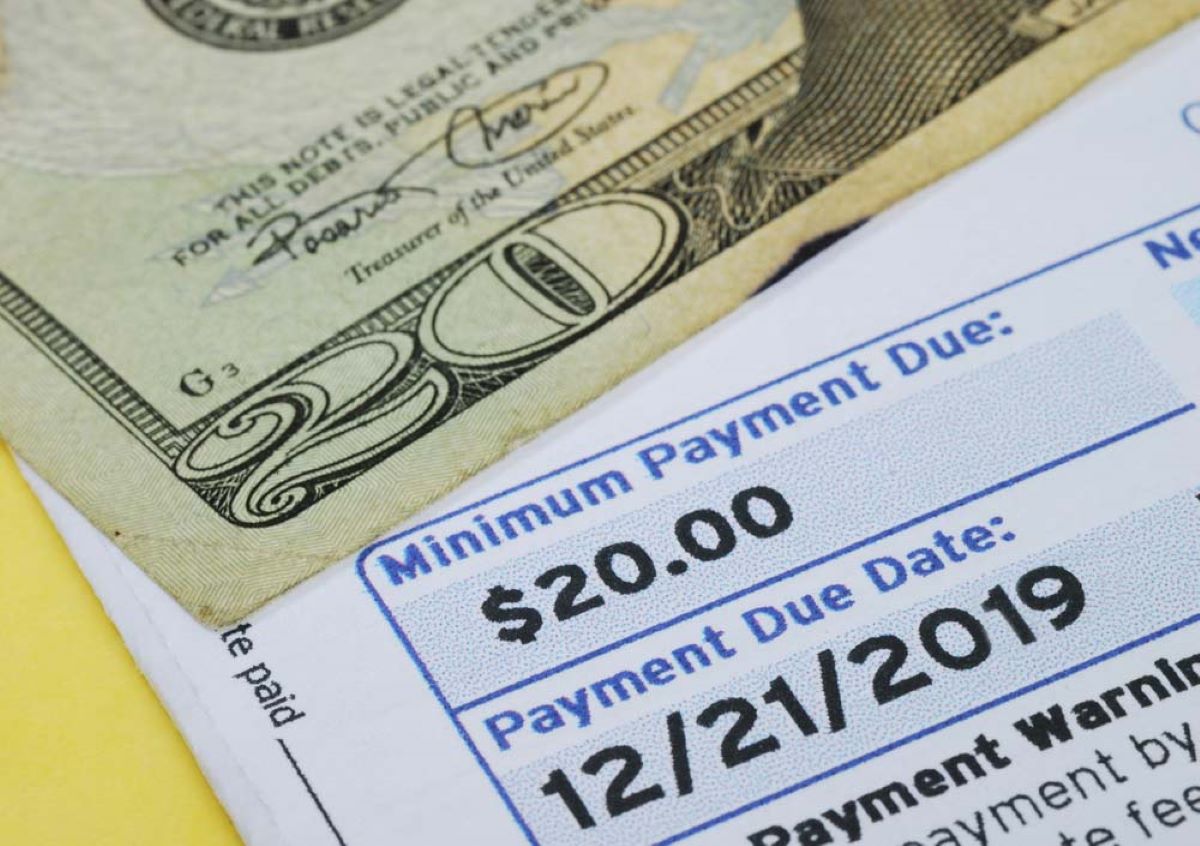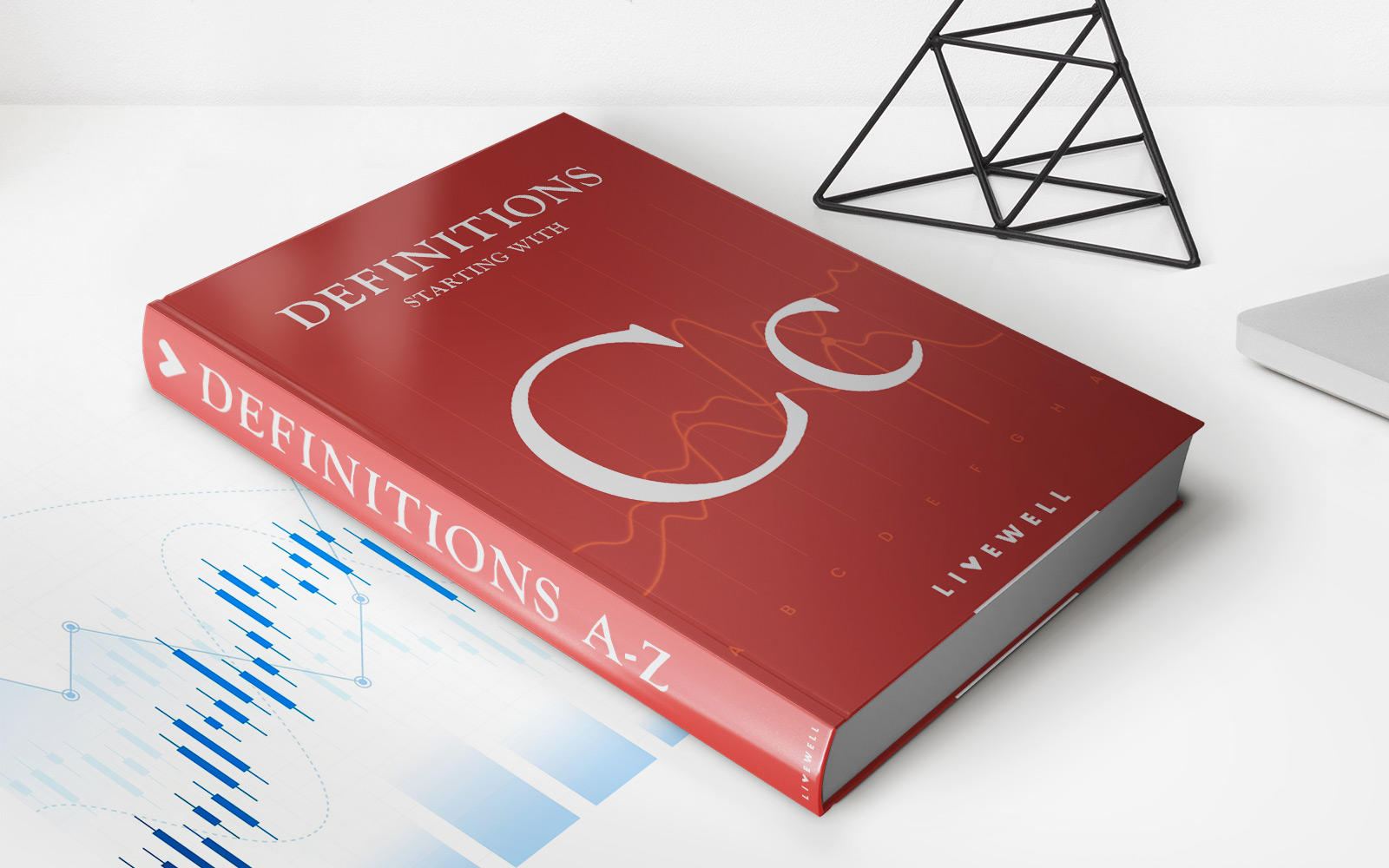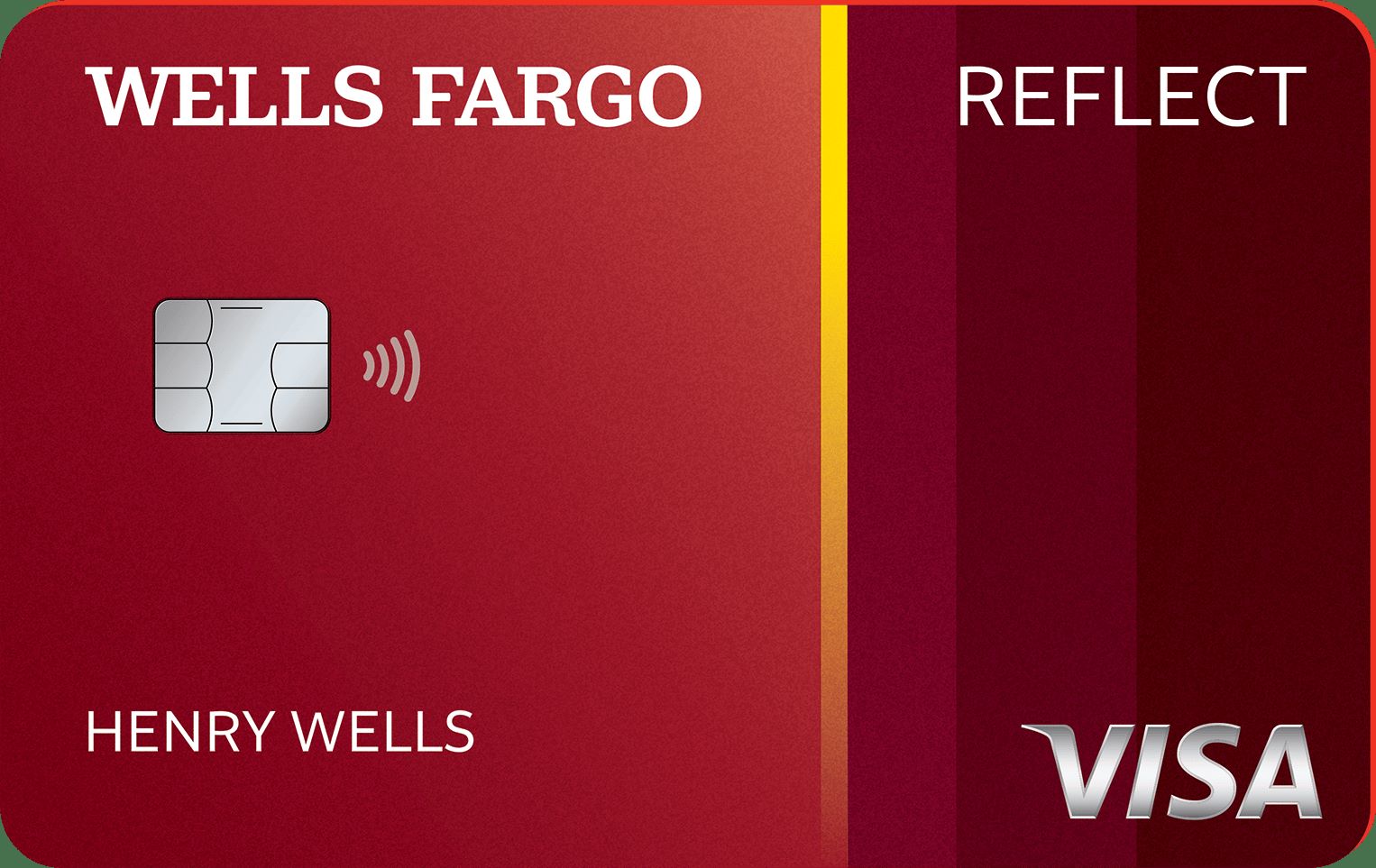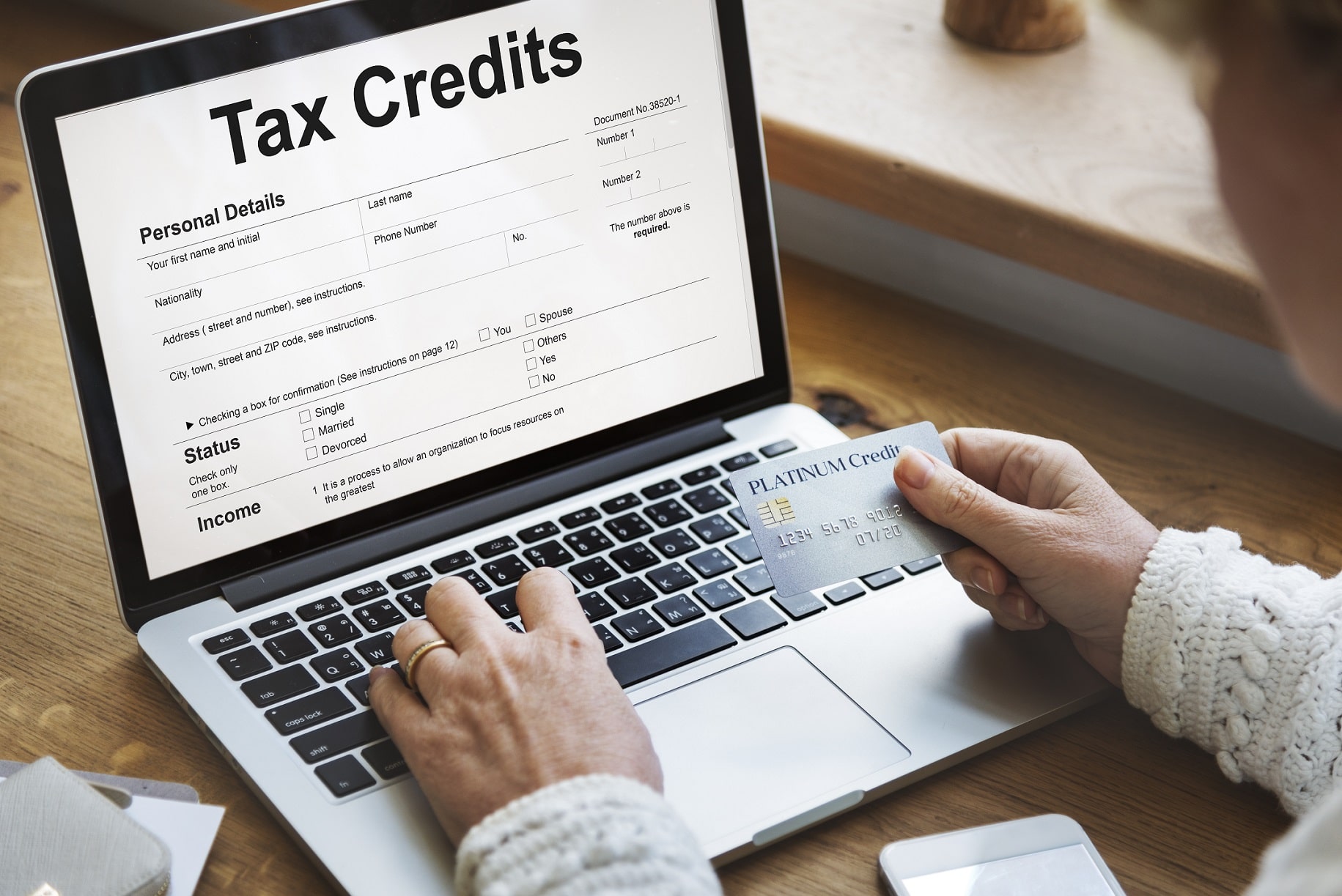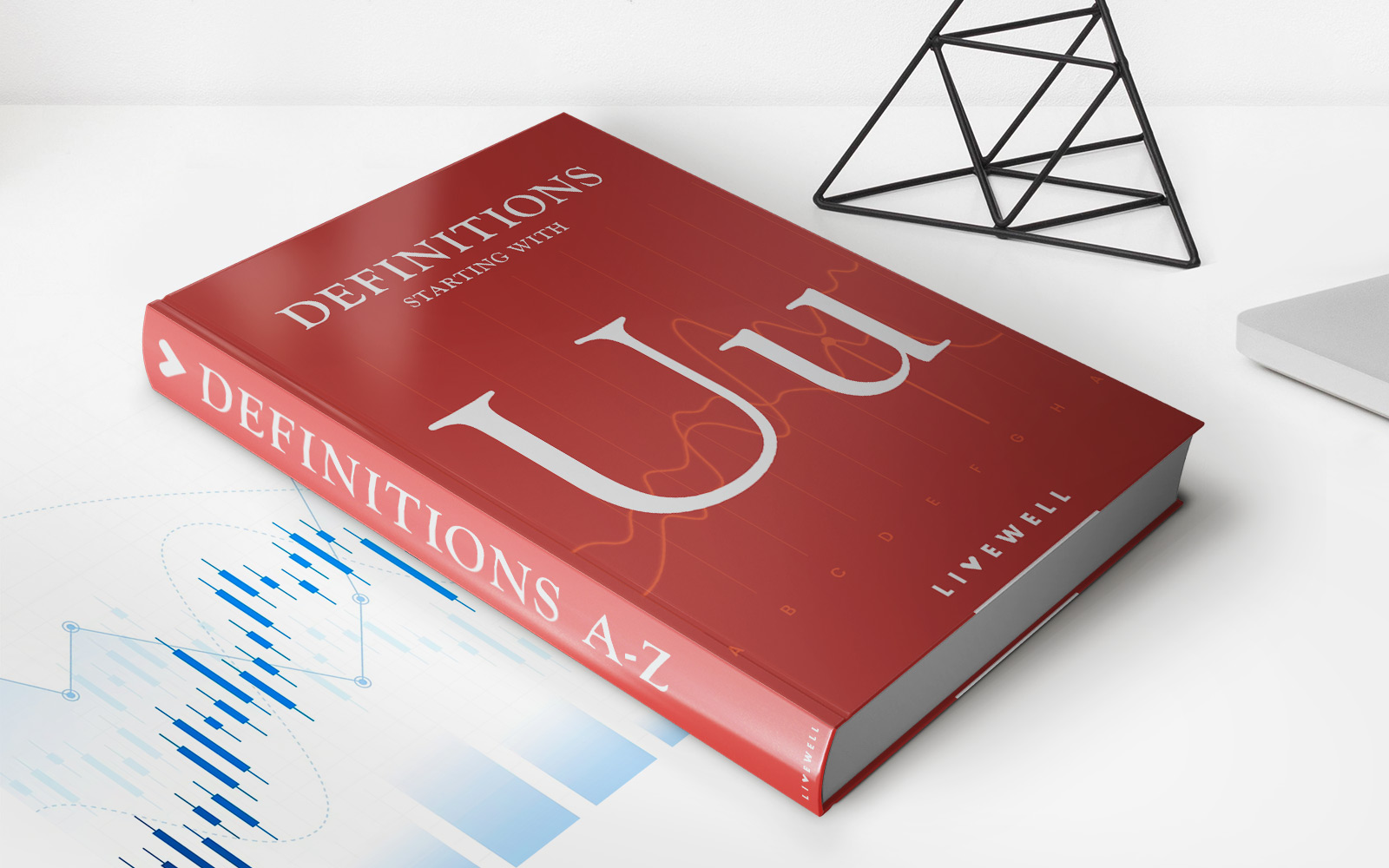Home>Finance>What Happens When You Make A Minimum Payment On A Credit Card


Finance
What Happens When You Make A Minimum Payment On A Credit Card
Published: February 25, 2024
Learn the impact of making minimum payments on a credit card. Discover how it affects your finances and long-term debt management. Gain insights into the consequences of minimum payments.
(Many of the links in this article redirect to a specific reviewed product. Your purchase of these products through affiliate links helps to generate commission for LiveWell, at no extra cost. Learn more)
Table of Contents
Introduction
Managing credit card payments is a crucial aspect of personal finance. When it comes to credit card debt, making only the minimum payment can have significant implications on your financial well-being. In this article, we will explore the various aspects of making minimum payments on a credit card and the potential consequences of this approach.
Many individuals may find themselves in a situation where they can only afford to make the minimum payment on their credit card balance. While this may provide temporary relief, it’s essential to understand the long-term impact of this decision. By delving into the mechanics of minimum payments, the associated interest, and the overall effect on one’s financial standing, we can gain valuable insights into the implications of this common practice.
Throughout this article, we will examine how making only the minimum payment affects the interest accrued, the reduction of the principal balance, and the potential repercussions on one’s credit score. Additionally, we will explore the long-term consequences of perpetually making minimum payments and provide practical tips for effectively managing credit card payments.
Understanding the implications of making minimum payments on a credit card is fundamental to making informed financial decisions. By shedding light on this topic, we aim to equip readers with the knowledge and tools necessary to navigate their credit card obligations effectively and mitigate potential adverse outcomes.
Understanding Minimum Payments
When you receive your credit card statement, it typically includes a minimum payment amount. This is the lowest sum you can pay to keep your account in good standing. While it may seem like a convenient option, especially during financially challenging times, it’s important to grasp the implications of adhering to this minimum.
Minimum payments are calculated as a percentage of your total outstanding balance, usually around 1-3% of the total amount owed. This percentage can vary among different credit card issuers. By making only the minimum payment, you are essentially paying a small fraction of your debt, allowing the remaining balance to accrue interest.
It’s essential to recognize that the minimum payment primarily covers the interest accrued during the billing cycle, with only a small portion allocated towards reducing the principal balance. As a result, this approach can lead to a prolonged repayment period and significantly higher interest payments over time.
While the minimum payment offers temporary relief, it’s crucial to acknowledge that it does not effectively address the underlying debt. By understanding the mechanics of minimum payments, individuals can make informed decisions about how to manage their credit card obligations responsibly.
Impact on Interest
When you make only the minimum payment on your credit card, the impact on the interest accrued can be substantial. The remaining balance, after the minimum payment is deducted, continues to accrue interest at the card’s annual percentage rate (APR). This means that the interest is calculated based on the outstanding balance, including any new charges, and added to the total amount owed.
By perpetually making minimum payments, you are essentially allowing the interest to compound on the unpaid portion of your balance. As a result, the total interest paid over time can significantly exceed the initial amount borrowed. This can lead to a prolonged repayment period and a substantial increase in the overall cost of the debt.
It’s important to recognize that the longer you take to pay off the balance, the more interest will accumulate. This can create a cycle of debt that becomes increasingly challenging to break free from. Understanding the impact of interest on credit card debt is crucial for making informed decisions about how to manage your payments effectively and minimize the long-term financial burden.
Impact on Principal Balance
When you make only the minimum payment on your credit card, the impact on the principal balance, which represents the actual amount borrowed, is minimal. The minimum payment is primarily allocated towards covering the interest accrued during the billing cycle, with only a fraction applied to reducing the principal balance.
As a result, the outstanding balance on the credit card remains relatively unchanged, especially if new charges are added to the account. This perpetuates a cycle where the principal balance is not effectively addressed, leading to a prolonged repayment period and increased interest payments over time.
It’s essential to understand that by making only the minimum payment, you are essentially maintaining the debt rather than actively working towards reducing it. This can have long-term implications on your financial well-being, as the debt continues to linger and accumulate interest, making it increasingly challenging to eliminate.
Recognizing the impact of minimum payments on the principal balance is crucial for individuals to assess their repayment strategy and consider alternative approaches to effectively reduce their credit card debt.
Effect on Credit Score
When you consistently make only the minimum payment on your credit card, it can have a notable effect on your credit score. Payment history is a significant factor in determining your credit score, accounting for approximately 35% of the FICO score, the most widely used credit scoring model in the United States. By making minimum payments, you may be perceived as financially strained or unable to manage your debt effectively, which can negatively impact your creditworthiness.
Additionally, carrying a high credit card balance relative to your credit limit, known as the credit utilization ratio, also influences your credit score. By making only the minimum payment, you are likely to maintain a high utilization ratio, which can further lower your credit score.
Furthermore, if your credit card balance remains consistently high due to making minimum payments, it can signal to potential lenders that you are reliant on credit and may be at risk of default. This can impact your ability to secure favorable terms for future credit, such as loans or mortgages.
Understanding the impact of minimum payments on your credit score is essential for maintaining a healthy financial profile. By recognizing the potential consequences, individuals can make informed decisions about their repayment strategy and take proactive steps to mitigate adverse effects on their creditworthiness.
Potential Long-Term Consequences
The long-term consequences of consistently making only the minimum payment on a credit card can be significant. One of the primary implications is the extended duration of debt repayment. By paying only the minimum, you are prolonging the time it takes to clear the balance, resulting in higher overall interest payments.
Moreover, perpetually making minimum payments can lead to a cycle of debt accumulation, where the outstanding balance remains largely unchanged, especially if new charges are added to the account. This can create a persistent financial burden, making it challenging to achieve financial stability and pursue other important goals, such as saving for emergencies or investing for the future.
Additionally, the compounding effect of interest on the unpaid portion of the balance can lead to a substantial increase in the total cost of the debt over time. This can limit your ability to allocate funds towards other essential expenses or savings, further impeding your financial well-being.
Furthermore, the long-term consequences of making minimum payments extend to your creditworthiness. A prolonged pattern of minimum payments can negatively impact your credit score, potentially limiting your access to favorable credit terms in the future and hindering your overall financial flexibility.
Understanding the potential long-term consequences of perpetually making minimum payments on a credit card is crucial for individuals to evaluate their repayment strategy and consider alternative approaches to effectively manage their debt and secure their financial future.
Tips for Managing Credit Card Payments
Effectively managing credit card payments is essential for maintaining financial stability and minimizing the long-term impact of credit card debt. Consider the following tips to navigate your credit card obligations responsibly:
- Pay More Than the Minimum: Whenever possible, strive to pay more than the minimum amount due. By allocating additional funds towards your credit card balance, you can expedite the reduction of the principal amount owed and minimize interest accrual.
- Create a Budget: Establish a comprehensive budget that prioritizes debt repayment. Identify areas where you can reduce discretionary spending and allocate those funds towards paying off your credit card balance.
- Consolidate Debt: If feasible, consider consolidating high-interest credit card debt through a balance transfer to a card with a lower interest rate. This can help reduce the overall interest payments and streamline your repayment strategy.
- Seek Financial Assistance: If you are experiencing financial hardship, reach out to your credit card issuer to explore hardship programs or payment arrangements that can provide temporary relief while you work to improve your financial situation.
- Avoid New Charges: To expedite debt repayment, refrain from adding new charges to your credit card. Focus on clearing the existing balance before resuming regular usage of the card.
- Monitor Your Credit Score: Regularly monitor your credit score and credit report to stay informed about your financial standing. Understanding your credit profile can help you make informed decisions about managing your credit card payments and overall financial health.
By implementing these strategies, individuals can proactively manage their credit card payments, reduce their debt burden, and work towards achieving financial stability and freedom from credit card debt.
Conclusion
Managing credit card payments is a critical aspect of personal finance, and the decision to make only the minimum payment on a credit card can have far-reaching implications. By understanding the impact of minimum payments on interest, principal balance, credit score, and long-term financial well-being, individuals can make informed decisions about their repayment strategy and take proactive steps to mitigate potential adverse effects.
It’s crucial to recognize that perpetually making minimum payments can lead to a cycle of debt accumulation, prolonged debt repayment, and increased overall interest payments. Additionally, the impact on creditworthiness can limit future financial flexibility and access to favorable credit terms.
However, by implementing proactive measures such as paying more than the minimum, creating a budget, consolidating debt, seeking financial assistance when needed, and monitoring credit scores, individuals can effectively manage their credit card payments and work towards achieving financial stability.
Ultimately, taking a strategic approach to credit card payments, prioritizing debt reduction, and staying informed about one’s financial standing can empower individuals to navigate their credit card obligations responsibly and pave the way towards a debt-free and financially secure future.





